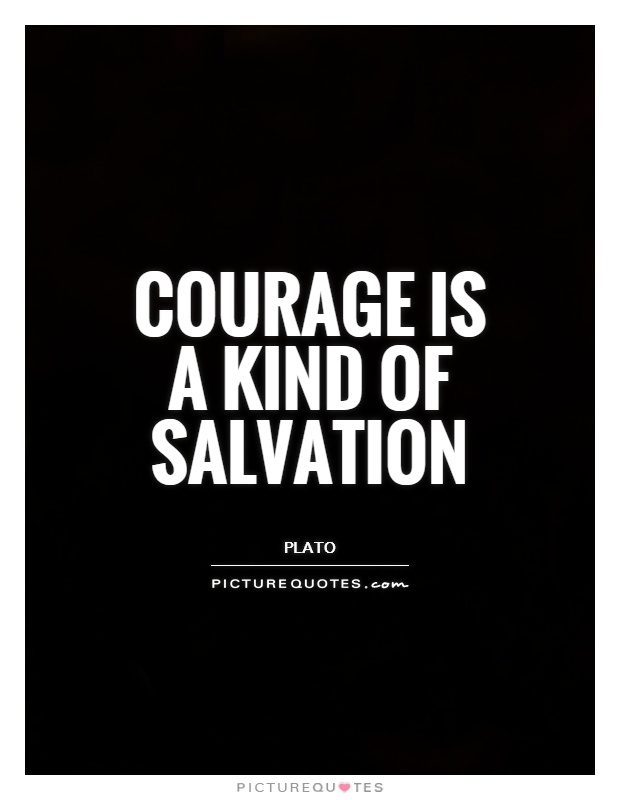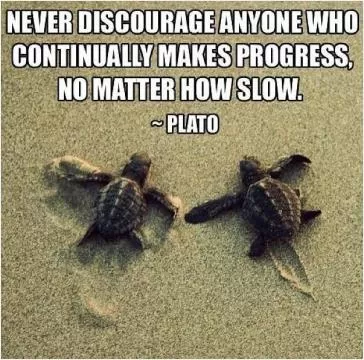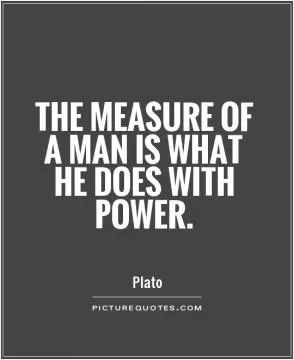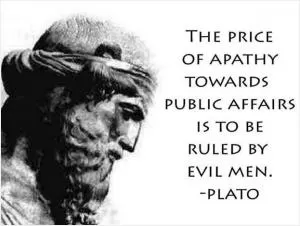Courage is a kind of salvation

Courage is a kind of salvation
In Plato's works, courage is often portrayed as a virtue that is essential for achieving salvation or ultimate fulfillment. In his famous dialogue, "The Republic," Plato discusses the concept of courage in the context of the ideal city-state and the virtuous individual. He argues that courage is necessary for both the individual and the society as a whole to achieve harmony and justice.Plato believed that courage is the ability to overcome fear and face challenges with bravery and determination. It is the willingness to stand up for what is right, even in the face of adversity or danger. In the ideal city-state, the guardians, who are responsible for protecting and governing the society, must possess courage in order to fulfill their duties effectively. Without courage, they would be unable to defend the city from external threats or uphold the principles of justice and order.
For the individual, courage is also essential for achieving salvation or self-realization. Plato believed that true happiness and fulfillment can only be attained by living a virtuous life and striving for excellence in all aspects of one's being. This requires the courage to confront one's own fears and weaknesses, to overcome obstacles and challenges, and to pursue the highest ideals of truth, beauty, and goodness.
Courage is not just about physical bravery or the ability to face danger; it is also about moral courage, the strength to resist temptation, to stand up for one's beliefs, and to do what is right even when it is difficult or unpopular. In Plato's view, courage is a kind of salvation because it enables individuals to transcend their limitations and achieve a higher state of being. By cultivating courage, one can overcome the obstacles that stand in the way of true happiness and fulfillment, and ultimately attain salvation or enlightenment.












 Friendship Quotes
Friendship Quotes Love Quotes
Love Quotes Life Quotes
Life Quotes Funny Quotes
Funny Quotes Motivational Quotes
Motivational Quotes Inspirational Quotes
Inspirational Quotes